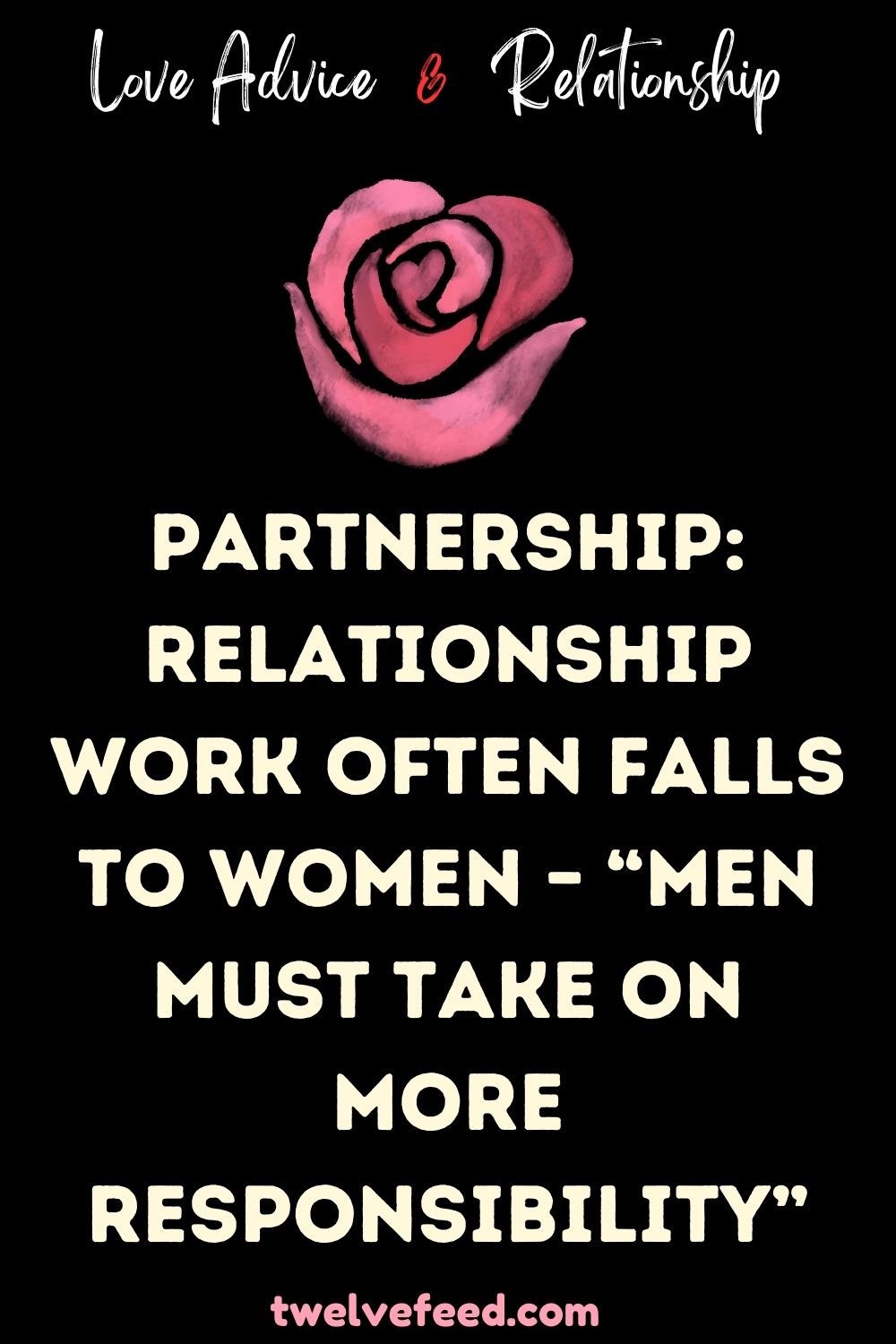
In the intricate tapestry of human relationships, partnerships stand as pillars of support, growth, and shared experiences. Whether in personal or professional realms, partnerships thrive on a delicate balance of responsibilities and contributions from all parties involved. While historical norms may have dictated specific roles based on gender, contemporary perspectives emphasize the importance of equality and equity within partnerships.
Understanding Partnership Dynamics
Partnerships, be it marital, business, or any collaborative endeavor, are symbiotic relationships built on trust, communication, and mutual respect. Each partner brings unique strengths, perspectives, and contributions to the table, fostering a dynamic synergy that propels the partnership forward. However, the distribution of responsibilities within partnerships has often been a subject of scrutiny, particularly regarding traditional gender roles.
Breaking the Stereotypes
Historically, societal norms have dictated that certain responsibilities, such as caregiving and household chores, predominantly fall under the purview of women, while men assume roles primarily focused on financial provision and decision-making. However, the evolution of societal norms, coupled with the advocacy for gender equality, has prompted a reevaluation of these traditional roles.
In contemporary partnerships, the notion of shared responsibilities has gained traction, transcending gender stereotypes and fostering a more equitable distribution of tasks. Rather than assigning roles based on gender, modern partnerships thrive on a collaborative approach, where responsibilities are allocated based on individual strengths, preferences, and circumstances.
Embracing Shared Responsibilities
Shifting Perspectives
The acknowledgment of shared responsibilities within partnerships signifies a fundamental shift in societal attitudes toward gender dynamics. It reflects a departure from rigid, predefined roles towards a more fluid and adaptive model where both partners contribute actively to all aspects of the partnership.
Mutual Empowerment
Embracing shared responsibilities not only promotes gender equality but also fosters mutual empowerment within partnerships. When both partners actively participate in decision-making, problem-solving, and task execution, it cultivates a sense of ownership and investment in the collective success of the partnership.
Enhancing Relationship Dynamics
Furthermore, shared responsibilities contribute to the overall health and resilience of relationships. By distributing tasks and obligations equitably, partners mitigate feelings of resentment, imbalance, and burnout, fostering a harmonious and fulfilling partnership dynamic.
The Role of Men in Partnership
Rethinking Traditional Roles
While historical norms may have placed the burden of certain responsibilities disproportionately on women, the modern paradigm calls for men to actively challenge and redefine traditional roles. Men are increasingly called upon to engage in emotional labor, caregiving, and household management, recognizing that these tasks are integral to the success and sustainability of the partnership.
Cultivating Empathy and Understanding
Men must embrace empathy and understanding in navigating partnership dynamics. By actively listening to their partners’ needs, concerns, and perspectives, men can foster deeper connections, strengthen trust, and contribute to a more inclusive and supportive partnership environment.
Championing Equality
Beyond individual relationships, men play a crucial role in advocating for gender equality on a broader societal scale. By challenging ingrained stereotypes, promoting inclusivity, and supporting policies that uphold equal rights and opportunities for all genders, men contribute to the collective advancement toward a more equitable society.
Conclusion
In conclusion, successful partnerships hinge on the principles of equality, communication, and shared responsibilities. By transcending traditional gender roles and embracing a collaborative approach, partners can cultivate thriving, resilient relationships characterized by mutual respect, support, and fulfillment. It is imperative for both men and women to actively participate in redefining partnership dynamics, championing equality, and fostering environments conducive to mutual growth and empowerment.





